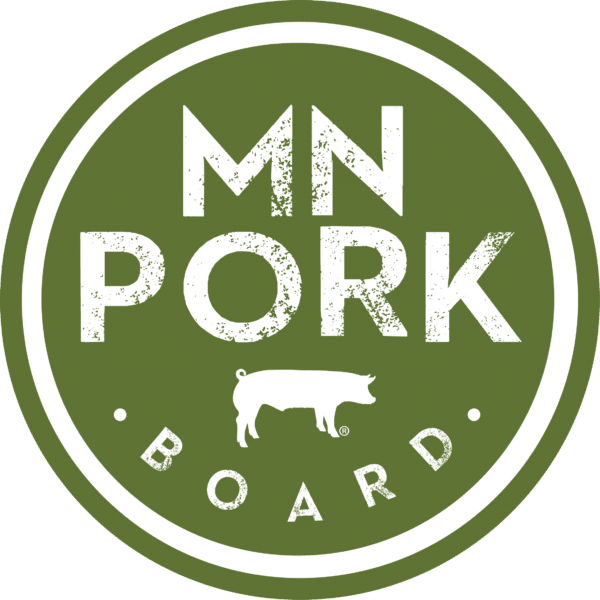Author: Rachel Stark, MS, RDN, LD
Introduction
What do you eat for your post workout? Do you have a post workout? If not, I hope by the end of this article you have a better understanding of why it is vital to your muscle recovery, as well as what it should look like! Pork is a great post-workout snack due to its many nutritional benefits.
First, it is important to understand why eating a snack after you work out is beneficial. During a workout you use up your energy stores, also known as glycogen, to meet the demands of the training. You also break down muscle tissue when putting a load on your body. By consuming a meal or snack within 30 minutes after your workout ends, you begin the recovery process for your muscle tissue and replenish energy stores. The specific nutrients needed for recovery are:
- Carbohydrates – to replenish energy stores
- Protein – to promote muscle recovery and growth
- Fluids – to rehydrate
These nutrients can be found in a variety of foods and can look different for each person. We are all built differently, with various needs for our bodies. Nutrition should be individualized to meet the demands of your own body.
Carbohydrates for Replenishing
Carbohydrates are the primary fuel source for the body. When consumed, they are broken down into glucose which is an efficient source of energy to keep our bodies functioning. They are the number one fuel source for the brain and muscles! If we aren’t consuming enough carbohydrates it is common to feel fatigued, have decreased concentration, or have an increased risk for injury. Carbohydrates can be found in a wide variety of foods from fruits and vegetables, to dairy products and whole grains.
Protein for Recovery
Protein is essential for repairing damaged muscle tissue and preventing further muscle breakdown. It might sound crazy to say that putting stress on your body during your workout is important, but it is the truth! For our bodies to get stronger, we need to break down our muscle and repair it with protein. Protein can be found in a variety of animal or plant-based food sources such as poultry, fish, meat, dairy, nuts, seeds, beans, and soy.
Pork is an optimal protein source
Why should you choose pork as your protein recovery source? Lean cuts of pork, such as the tenderloin or pork chop contain 24 g of protein per 3 oz serving. It is a high-quality protein, like most animal-based proteins, which means it contains all the essential amino acids your body needs to recover the damaged tissue and promote growth. Pork is also a great source of thiamin. Thiamin, or B1, is a vitamin that is necessary in the metabolism of carbohydrates. Therefore, it is significant to pair this protein source with a carbohydrate. It also contains magnesium, which is important for muscle contraction. When choosing pork, you are choosing a variety of vitamins and minerals to keep your body happy and healthy.
TIP: When shopping for lean protein, look for the labels ‘chop’ or ‘loin’.
Fluid for rehydrating
When we exercise, we lose electrolytes and fluid through our sweat which leads to dehydration. Dehydration can lead to injury, cramping, and increased soreness. To prevent dehydration, make sure you consume half your body weight in ounces throughout the day. When exercising, you will need to consume more liquids! Pork also contains potassium which is an electrolyte needed to maintain water balance and normal blood pressure.
Remember, when searching for an optimal post workout snack, make sure you incorporate carbohydrates for replenishing your energy stores, protein for muscle recovery, and fluids to rehydrate!
Here are some examples of snacks you can enjoy following your training:
Ham + cheese roll ups in whole wheat tortilla
Ham, Cheddar, and Apple Quesadilla
Any questions? Reach out to your registered dietitian at MN Pork: renee@premierdietitian.com.
Sources:
Vitamins and Minerals. Pork Checkoff. http://www.pork.org/cooking/pork-nutrition/vitamins-and minerals/. Accessed January 20, 2021.
Vliet Svan, Beals JW, Martinez IG, Skinner SK, Burd NA. Achieving Optimal Post-Exercise Muscle Protein Remodeling in Physically Active Adults through Whole Food Consumption. Nutrients. https://www.ncbi.nlm.nih.gov/pmc/articles/PMC5852800/. Published February 16, 2018. Accessed January 20, 2021.
Recovery Fact Sheet (2015). Retrieved from https://www.teamusa.org/nutrition
